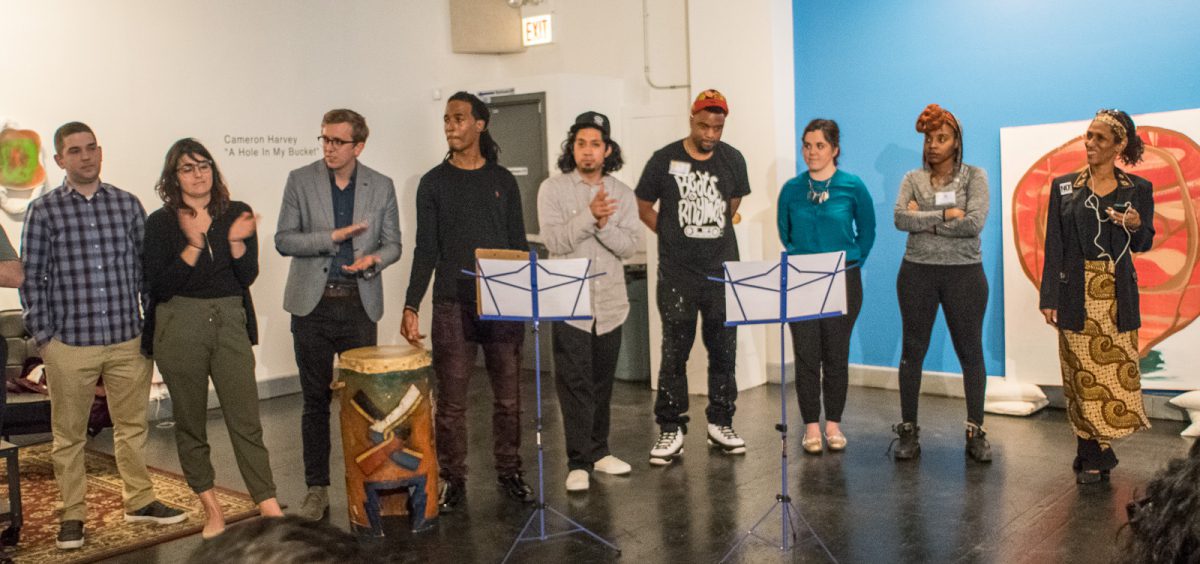By Professor Christopher Schmidt
Less than a week away from the confirmation hearings for Neil Gorsuch to be the next associate justice of the Supreme Court and the media machine is ramping up. Journalists are publishing a new round of stories on Gorsuch. Commentators, activists, and politicians are busy attacking and defending the nominee, each side hoping to score a few points before the main event begins on Monday.
In the National Law Journal, Tony Mauro reviewed notes from a 2010 speech Judge Gorsuch submitted to the Senate Judiciary Committee, concluding that the nominee offered a distinctly “bleak” portrait of the American legal system. Among Gorsuch’s complaints were the expense and delays of the discovery stage of civil litigation. “Not long ago we used to have trials without discovery,” he noted. “Now we have discovery without trials.” Gorsuch also lamented the increasing “vitriol” of the Supreme Court confirmation process.
Continue reading “Professor Schmidt: “The Gorsuch Report—Week 7””

